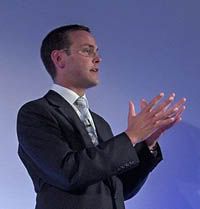 There's been a lot of comment on James Murdoch's speech when, giving the MacTaggart Lecture at the Edinburgh Television Festival on Friday, he criticised the "chilling land-grab" of the BBC website and called for the "abolition of the BBC licence fee, [and] the corporation's remit and governance to be drastically changed and brought back to basics".
There's been a lot of comment on James Murdoch's speech when, giving the MacTaggart Lecture at the Edinburgh Television Festival on Friday, he criticised the "chilling land-grab" of the BBC website and called for the "abolition of the BBC licence fee, [and] the corporation's remit and governance to be drastically changed and brought back to basics".I would broadly agree with Murdoch, while recognising that opposition to a powerful body can create strange bedfellows. He is the son of Rupert Murdoch, owner of the monolithic News Corporation that owns, among others, the Fox channel in the US and, in great Britain News International, comprising the newspapers The Times, the Sunday Times, The Sun and its Sunday version The News of the World - and their associated websites, which Murdoch pater complains he will have to start charging surfers for access.
For example, I agree with him when he questions why "a guide to night clubs in Mykonos is what the Government [which owns the BBC] needs to be doing", but I fear that team Murdoch are engaging in the Orwellian task of stirring up public resentment in order to topple their competitors and replace them on the top spot. Here's an example of text you can currently view for free on the News of the World, accessible through one click on the home-page, accompanying a picture special on Bob Geldof's daughters topless on the beach:
SAY hello to the Boob-town Brats - as Peaches and Pixie Geldof strip off and enjoy some topless fun on holiday...Peaches, 20, got a bit fruity while 18-year-old Pixie donned a snorkel kit (and not much else) to join in the fun...Best to not wear anything at all, eh Peaches?Thankfully, the BBC website is a little more sedate, but BBC editorial policy continues to pursue the corporation's former Director General's feverish rush to make reparations for it being "hideously white, with the present Director General, Mark Thompson, delaring that "Islam should be treated more sensitively than Christianity" - I doubt whether Jerry Springer - the Opera will have a sequel detailing Mohammed's marriage to the nine-year-old Aisha. Not that I would be remotely interested, but I bet there would be much more reporting of the shockwaves as European Islamists hysterically rushed to protect groups which are perfectly able to protect themselves.
 I prefer Dawn Airey's comments. She's the chief executive of commercial station Five, and envisaged a hypothetical scenario in which the BBC was to two TV stations and "a couple of radio stations", with a corresponding decrease in the licence fee and extra services on the website - like "view again" facilities being pay-per-view. (I should emphasise that she was talking about what the corporation could, not should, be.)
I prefer Dawn Airey's comments. She's the chief executive of commercial station Five, and envisaged a hypothetical scenario in which the BBC was to two TV stations and "a couple of radio stations", with a corresponding decrease in the licence fee and extra services on the website - like "view again" facilities being pay-per-view. (I should emphasise that she was talking about what the corporation could, not should, be.)There's an opposing point of view that many BBC radio shows would never survive on commercial radio - like, on Radio 2, Nigel Ogden's show The Organist Entertains, for example. This is wrong. The
 y would survive, just not on the same station; but if we've become used to channel-hopping with the TV, why can't we reconcile ourselves with radio-station hopping? (Although Classic FM is an excellent example of how a station devoted to preserving cultural treasures can survive perfectly well in the marketplace.)
y would survive, just not on the same station; but if we've become used to channel-hopping with the TV, why can't we reconcile ourselves with radio-station hopping? (Although Classic FM is an excellent example of how a station devoted to preserving cultural treasures can survive perfectly well in the marketplace.)There often comes a point at which somebody reveals the agenda fuelling their stance, and James Murdoch's moment was at the end of his speech, as Angela Andrews reports in the Telegraph:
He argued that the UK broadcasting sector is wrongly governed by "creationism" – the belief in a process managed by a single omniscient authority – and it needs to be more "evolutionary".
Creationism serves to create "unaccountable institutions", mentioning the BBC Trust, Channel 4 and Ofcom. Topical, he says, being the 150th anniversary of Darwin's On The Origin of Species.
"The creationist approach is similar to the industrial planning which went out of fashion in other sectors in the 1970s," he said, adding that this approach only serves to penalise the poor with "regressive taxes and policies – like the licence fee and digital switchover".
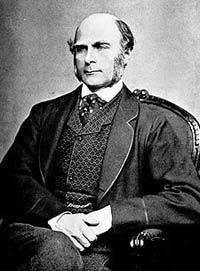
Without wanting to get involved in the creationism versus evolution debate in science, it's easy to see why individuals at the top of their own particular trees are gratified by the thought that they have arrived there by a process of "survival of the fittest" - a phrase which Darwin never wrote down as it belonged to the iconography of the social Darwinism that so horrified him.
James Murdoch is there not because of the degree of his "fitness" but rather due to his father's fortune and influence - he's the boss's son - nothing wrong with that, but it's hardly a qualification of the sort of self-made man that Galton's admirers would envisage rising above the untermenschen. So how about a compromise - slim down the BBC to a rump and the licence fee accordingly, and ensure that News International can peddle its online tat to adults only?

 I'm not proposing that betrayal in general be praised, merely that some instances of betrayal can have a decidedly therapeutic effect in a manner that I can only describe as praiseworthy.
I'm not proposing that betrayal in general be praised, merely that some instances of betrayal can have a decidedly therapeutic effect in a manner that I can only describe as praiseworthy.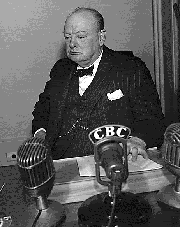

 For example, earlier this year, former SAS officer John Wick found himself in the possession of evidence that some MPs were misleading the public as to their use of expenses - which, of course, comes from taxpayers' money. Even though he knew some of the casualties would be Conservatives (he is a fundraiser for the party), he put his country first and chose to pass the documents to the Daily Telegraph, finishing
For example, earlier this year, former SAS officer John Wick found himself in the possession of evidence that some MPs were misleading the public as to their use of expenses - which, of course, comes from taxpayers' money. Even though he knew some of the casualties would be Conservatives (he is a fundraiser for the party), he put his country first and chose to pass the documents to the Daily Telegraph, finishing  003 death of Dr David Kelly, who criticised the Government's "sexed-up" dossier on Iraq's nuclear capabilities,
003 death of Dr David Kelly, who criticised the Government's "sexed-up" dossier on Iraq's nuclear capabilities, 



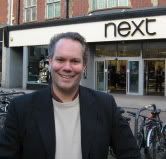


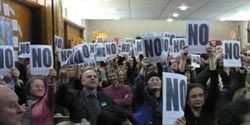 On Wednesday morning, Minora phoned me from outside Mill Road Tesco's to report that there were a few Campaign members outside the entrance, flanked by watchful police officers. While Campaign supporters had been quite vociferous when protesting in the Cambridge Folk Festival, these would only give a terse "I can't comment", presumably having been well-warned. It's a sign of the times that pragmatism has won out over ideologically-based censorship, and anybody who doesn't like Tesco's will be free to use any of the meny other shops in Mill Road. That's how free choice works.
On Wednesday morning, Minora phoned me from outside Mill Road Tesco's to report that there were a few Campaign members outside the entrance, flanked by watchful police officers. While Campaign supporters had been quite vociferous when protesting in the Cambridge Folk Festival, these would only give a terse "I can't comment", presumably having been well-warned. It's a sign of the times that pragmatism has won out over ideologically-based censorship, and anybody who doesn't like Tesco's will be free to use any of the meny other shops in Mill Road. That's how free choice works.
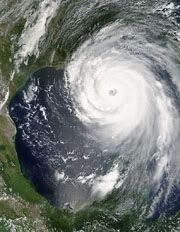


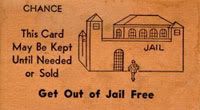 l free" card. First, in the UK, we had Ronnie Biggs, released from prison on compassionate grounds despite never having expressed remorse for the
l free" card. First, in the UK, we had Ronnie Biggs, released from prison on compassionate grounds despite never having expressed remorse for the 


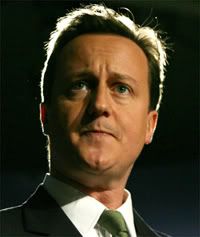
 Moral absolutes exist and limit what we can reasonably do, even in the sphere of diplomacy. What is quoted less often than Richelieu's dictum is Pope Urban VIII's reaction to his death in 1642: "
Moral absolutes exist and limit what we can reasonably do, even in the sphere of diplomacy. What is quoted less often than Richelieu's dictum is Pope Urban VIII's reaction to his death in 1642: "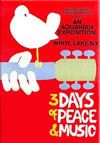


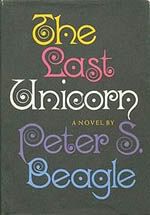

 People in the US are currently struggling with a dilemma about the future face of healthcare in their country. A lot of the arguments centre on Britain's National Health Service (NHS) with, for example,
People in the US are currently struggling with a dilemma about the future face of healthcare in their country. A lot of the arguments centre on Britain's National Health Service (NHS) with, for example, 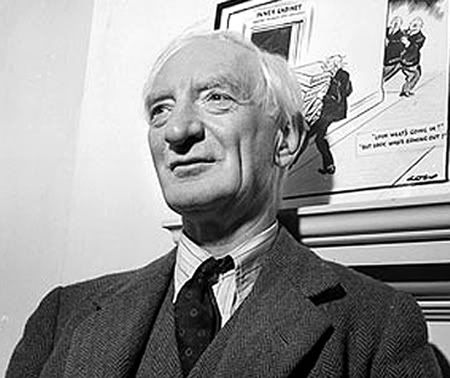
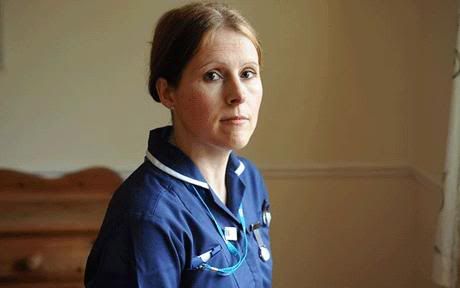

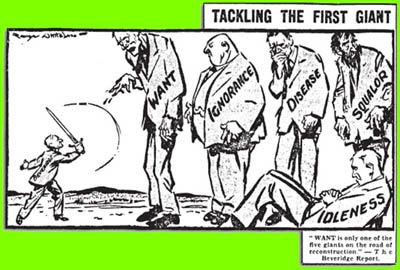


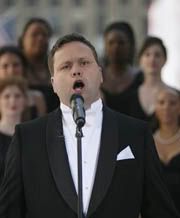
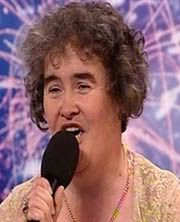







 ostensibly sensible ground that lorries supplying a store would cause blockages in Mill Road. As a seasoned cyclist who has to go through Mill Road (right) regularly, what do they expect? A small van stopping to supply, say, pornographic magazines to a smaller, more ideologically beautiful store can curdle a traffic-stream just as effectively as the behemoths that block the road as they struggle to park by the side of the Co-op. The thing is, the pic of a Tesco's that was published on a cycling website called road.cc, reporting on the Cycling Campaign's views, was presented as an Express - smaller store - while being nothing of the sort. This is the pic, which has since been removed from the site.
ostensibly sensible ground that lorries supplying a store would cause blockages in Mill Road. As a seasoned cyclist who has to go through Mill Road (right) regularly, what do they expect? A small van stopping to supply, say, pornographic magazines to a smaller, more ideologically beautiful store can curdle a traffic-stream just as effectively as the behemoths that block the road as they struggle to park by the side of the Co-op. The thing is, the pic of a Tesco's that was published on a cycling website called road.cc, reporting on the Cycling Campaign's views, was presented as an Express - smaller store - while being nothing of the sort. This is the pic, which has since been removed from the site.











